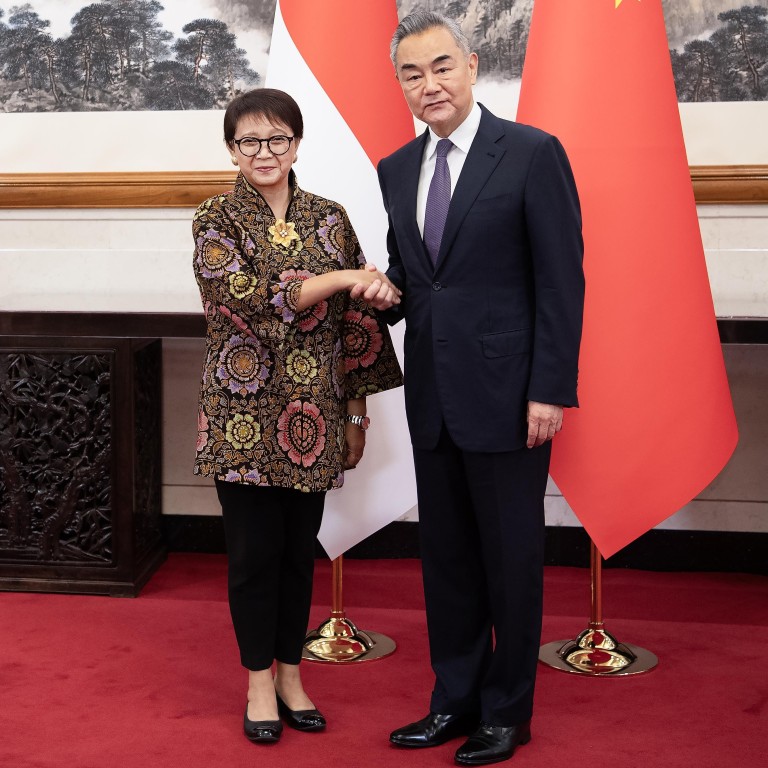
Malaysia starts ‘luxury’ durian exports to China as Indonesia sniffs the market
- First phase of 20 tonnes of fresh durian from Malaysia has arrived in China amid growing demand for the fruit
Malaysia’s first shipment of fresh durian to the giant China market has arrived, vying for demand from eager consumers who are used to buying the spiky and pungent fruit from Thailand and Vietnam.
Deputy agriculture and food security minister Datuk Arthur Joseph Kurup said on Saturday that exporters had begun shipping 40 tonnes of fresh durian in three phases, according to Malaysia’s national Bernama news agency.
But Malaysia, having met China’s phytosanitary requirements to ship fresh durian in June, may position itself on quality rather than quantity, said Lim Chin Khee, an adviser with the Durian Academy, an institution that trains Malaysian growers.
“Malaysian durians are considered a luxury product, and the export volume is currently smaller and more targeted towards high-end consumers,” Lim said.
The first phase of 20 tonnes reached the Zhengzhou Xinzheng International Airport in Henan province on Sunday, according to China’s state-backed Xinhua News Agency.
With some consumers paying up to 200 yuan (US$28) each for the lucrative fruit, Chinese officials on Friday met Indonesian counterparts to discuss whether China could accept shipments from the giant Southeast Asian archipelago.
Indonesian durians would also need to meet China’s phytosanitary protocols, meaning a process for inspection, certification and possible quarantine to ensure they are free from pests and diseases.
Officials in Jakarta hope to step up exports of durian from its Central Sulawesi province, eyeing China as a “promising market” with “high demand for the fruit among Chinese consumers”, Xinhua said in July.
I would imagine Indonesian durians could find a market niche in China given high demand
Indonesia is waiting for China to issue a “protocol” after several years of talks, the Jakarta Globe reported on Saturday.
Foreign Minister Retno Marsudi discussed the question with Chinese counterpart Wang Yi on Friday during talks in Beijing, according to the newspaper.
A lack of compliance with Chinese sanitary standards may have held back Indonesian shipments, ING Greater China economist Lynn Song said.
“The processes and procedures for monitoring and ensuring quality standards were not yet agreed upon, which is likely the main reason for a lack of durian imports into China,” Song said.
“Assuming those talks are successful, I would imagine Indonesian durians could find a niche market in China given high demand.”

